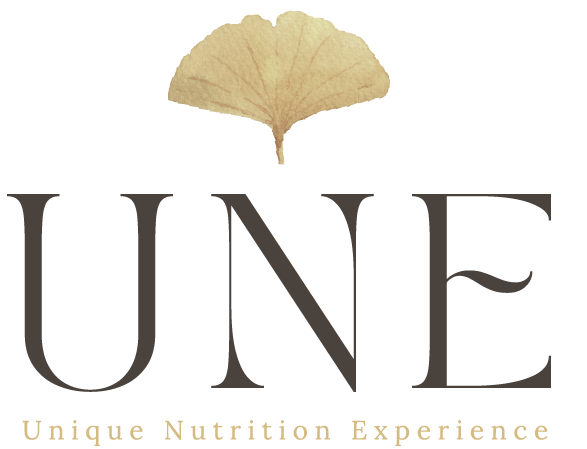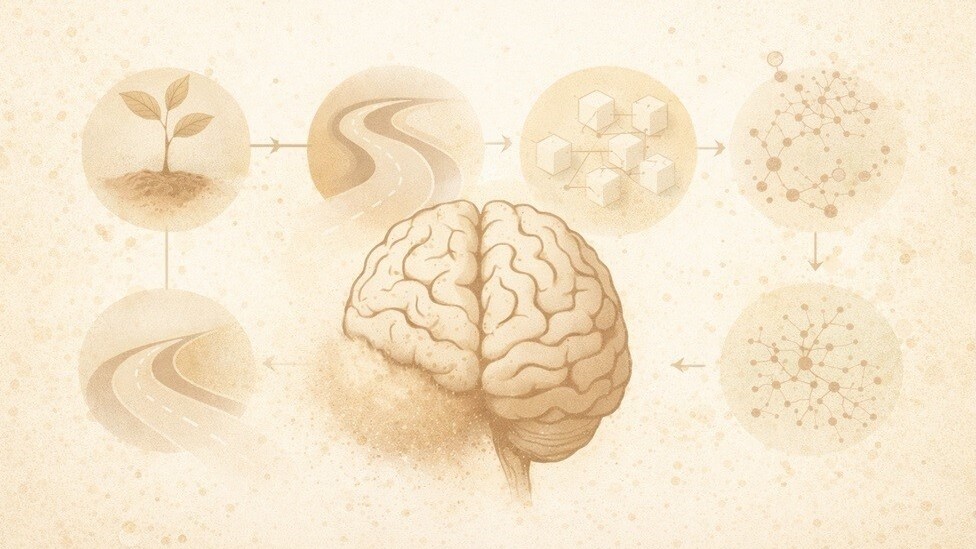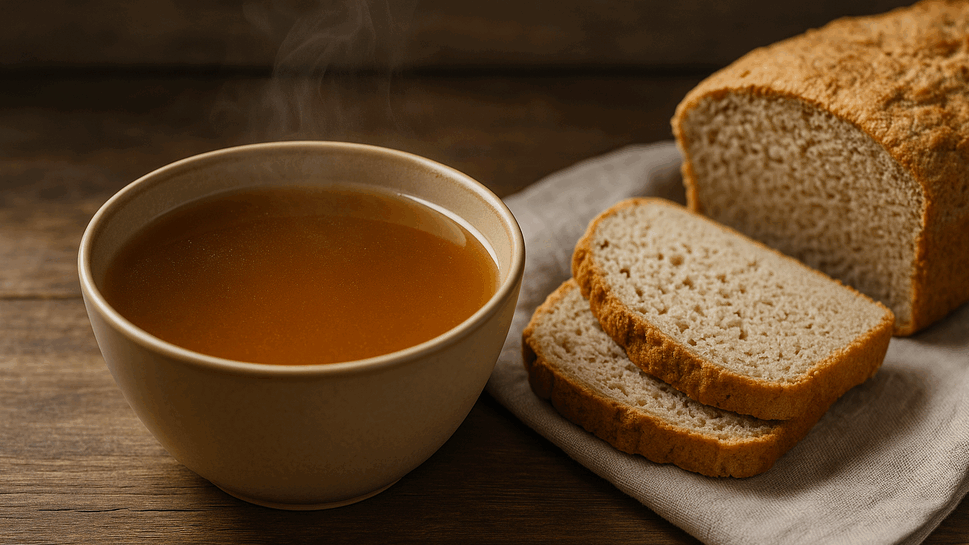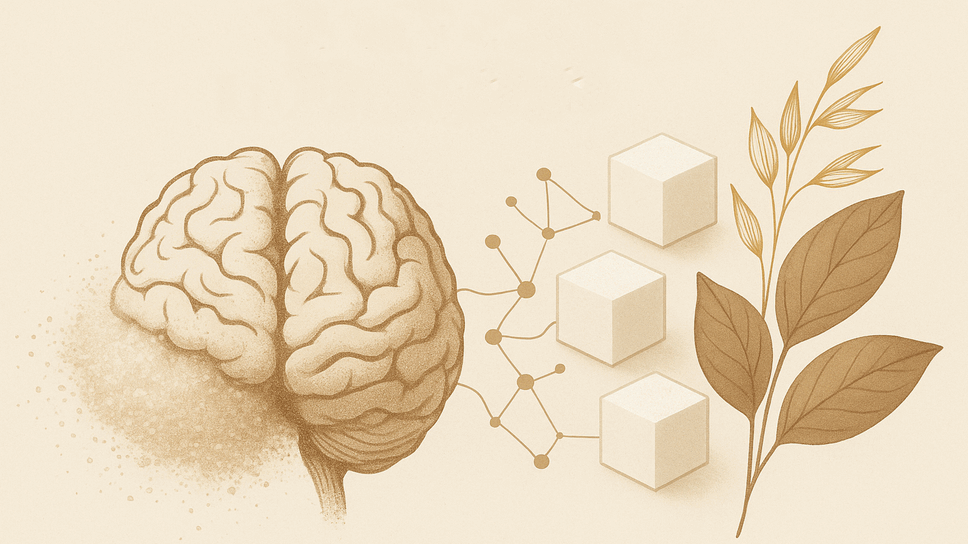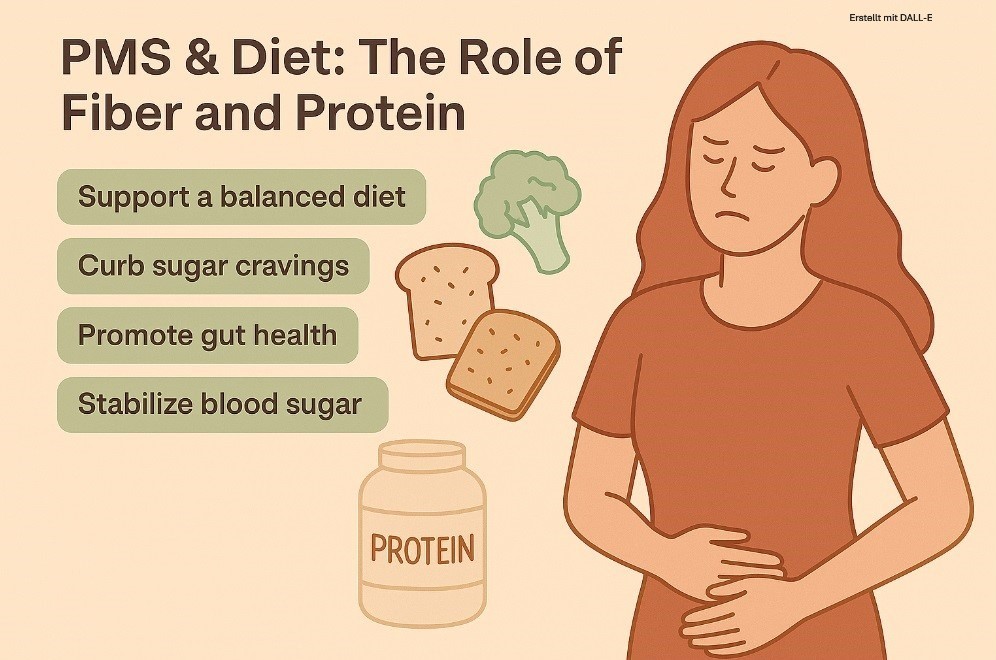
PMS & Nutrition: The Role of Fiber and Protein in Supporting Hormonal Balance
Premenstrual Syndrome (PMS) affects many people who menstruate in the days leading up to their period. Symptoms can range from mood swings, irritability, and fatigue to cravings, bloating, and breast tenderness. While hormonal fluctuations are considered a key factor, emerging evidence shows that nutrition—especially fiber and protein intake—can play a supportive role.
What Is PMS?
PMS refers to a range of physical and emotional symptoms that typically appear during the second half of the menstrual cycle (after ovulation) and subside with the onset of menstruation. Although the exact causes are still not fully understood, hormonal shifts—particularly between estrogen and progesterone—are believed to be central. Neurotransmitters such as serotonin may also be involved.
How Nutrition Can Influence PMS
Maintaining stable blood sugar levels, supporting the body with anti-inflammatory nutrients, and ensuring a good supply of micronutrients are fundamental for hormonal balance. Two key dietary pillars here are fiber and protein.
Fiber – Underrated but Powerful
Dietary fiber is the indigestible part of plant-based foods. It supports digestive health, helps stabilize blood sugar levels, and positively influences the gut microbiome. This is relevant because a healthy gut contributes to the breakdown and elimination of excess hormones—particularly estrogen (via the so-called estrobolome).
Benefits of a fiber-rich diet for PMS:
- Helps regulate blood sugar and reduce cravings
- Supports estrogen elimination through digestion
- Fosters gut bacteria that influence serotonin production
- May reduce bloating and improve digestion
Good sources: inulin, acacia fiber, oat fiber, vegetables, berries, legumes
Protein – Building Blocks for Hormonal Stability
Protein supplies essential amino acids that the body uses to build hormones and neurotransmitters. One important example is tryptophan, a precursor to serotonin, which influences mood.
Benefits of a protein-rich diet for PMS:
- Helps stabilize blood sugar, reducing mood swings
- Provides building blocks for serotonin & dopamine
- Supports muscle recovery in case of fatigue
- Promotes consistent energy throughout the day
Good sources: egg white powder, milk protein isolate, chickpea protein, lentils, tofu, nuts
How UNE FOODS Can Help
Our high-fiber, high-protein baking mixes were developed for people who want to eat consciously without compromising on taste. By combining premium protein (animal or plant-based) with natural fibers such as inulin, acacia, or oat fiber, our products offer lasting satiety without causing blood sugar spikes. We intentionally avoid sugar, sugar alcohols, and ultra-processed additives.
👉 Explore our baking mixes and support your hormonal balance naturally:
Conclusion: PMS Is Complex—but Nutrition Can Help
PMS can be disruptive, but the right nutritional support can help reduce symptoms. Fiber and protein act on multiple levels—from blood sugar regulation and microbiome health to neurotransmitter synthesis. It’s not about perfection, but about conscious, supportive choices.
This content is for informational purposes only and does not replace medical advice.
Das könnte dich auch interessieren
19. December 2025
The brain does not age linearly – and that is precisely its strength
Why does learning new languages often feel effortless at a young age, while later in life…
7. November 2025
As good as homemade bone broth – just more modern
The answer from UNE Foods Anyone who has ever made traditional bone broth knows how much…
24. October 2025
Sugar – The Silent Saboteur of Our Brain | UNE FOODS
Sugar affects far more than just blood glucose levels – it shapes how our brain thinks,…
